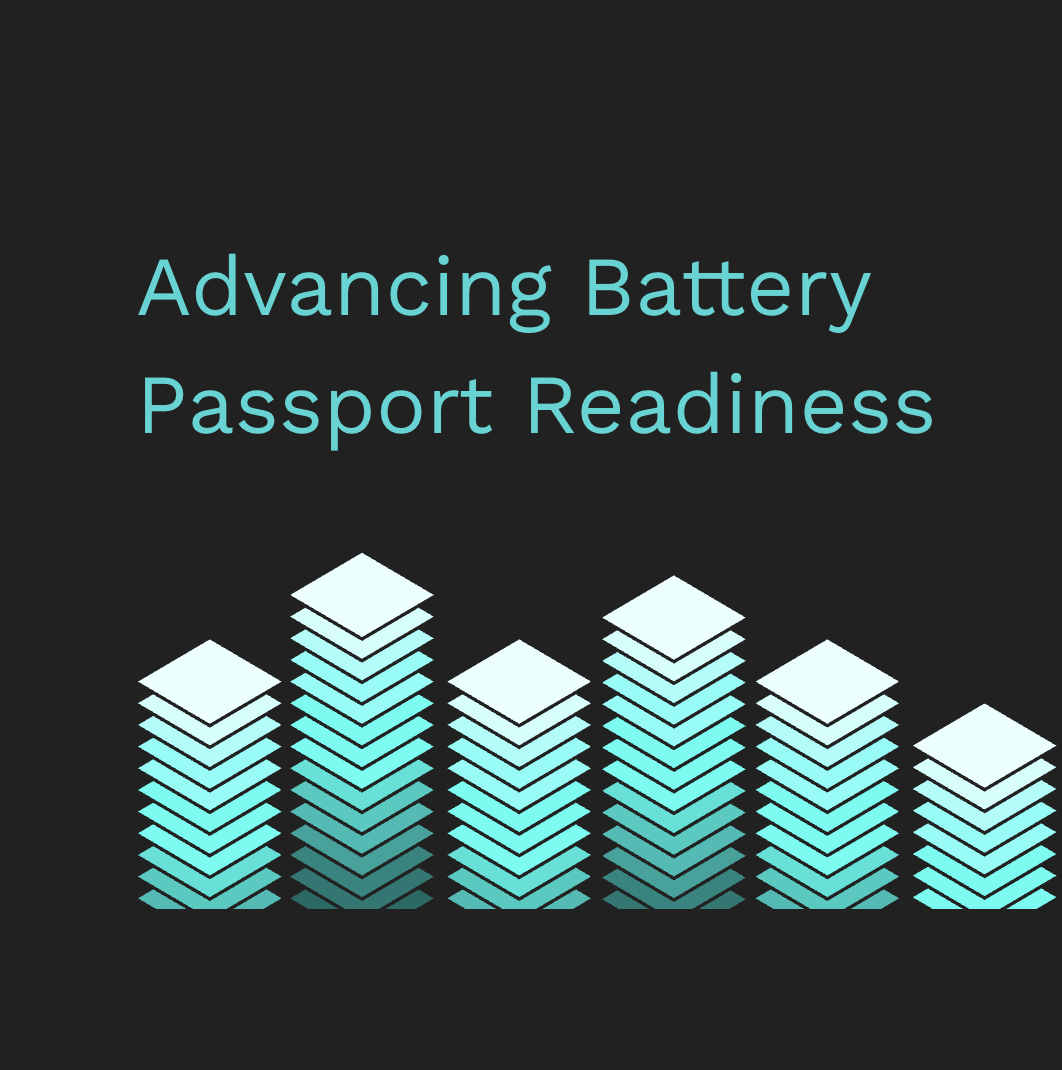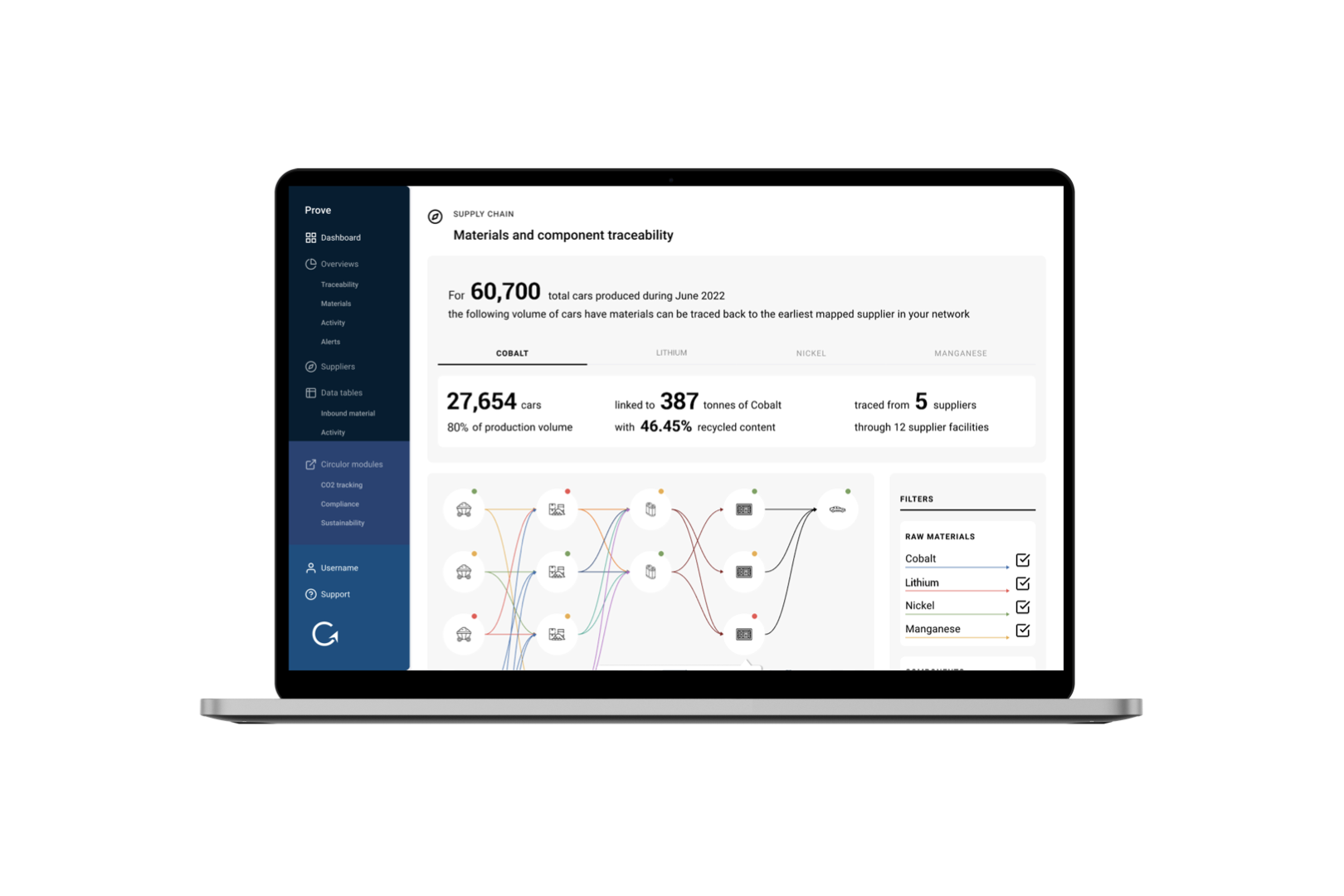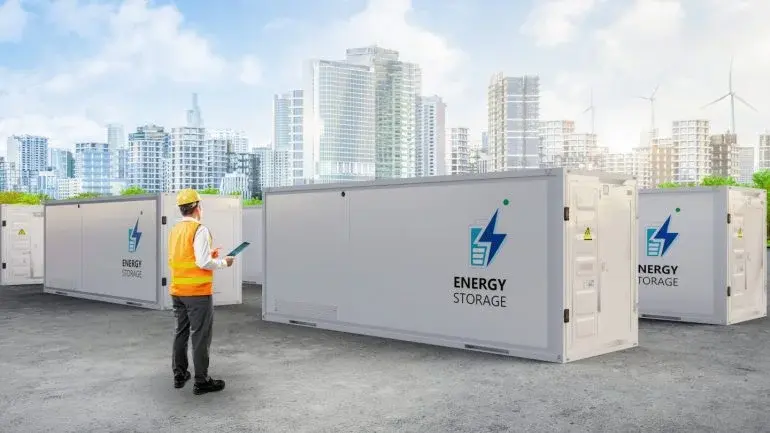
13.05.2022
News
How Germany’s “Battery Passport” project enables a sustainable and secure battery economy
Doug, tell us about the “Battery Pass” project that was recently announced. What is the German government looking to do here?
Johnson-Poensgen: Germany’s Federal Ministry for Economic Affairs and Climate Action (BMWK) recently announced its “Battery Pass” project and its 11 consortium members, including Circulor as lead on the project’s demonstrator work package.
This is a three-year, government-funded R&D global project including world-class market German leaders like acatech – Germany’s National Academy of Science and Engineering, AUDI AG, BASF SE, BMW AG, FIWARE Foundation e.V., Fraunhofer IPK, SYSTEMIQ GmbH, TWAICE Technologies GmbH, Umicore AG & Co KG, VDE Renewables GmbH (through subcontracting). In association with the Global Battery Alliance (GBA), GS1 Germany GmbH, RWE Generation SE, and more.
The goal for this group is to develop the technical standards and content for a “battery pass,” as well as demonstrate the integration of such data into a shared data space to provide transparency. Think of a “battery pass” as a digital ID for a battery—it tells important information about a battery, including where and how it was made, with what amount of CO₂, and more. Knowing this information of batteries that are used in Germany and Europe will ensure we’re making responsible and sustainable batteries—and that we’re also setting the foundation for a circular battery economy.
What is Circulor’s role within the consortium?
Johnson-Poensgen: Circulor offers one of the most complete and mature solutions for gaining visibility into complex industrial supply chains—we have proven technology that tracks high-risk and high-human impact materials. We have extensive experience in the electric vehicle space—tracking the provenance, production flow, and GHG emissions of critical materials like cobalt, nickel, lithium, manganese, mica, and more.
Circulor and the other consortium members have been selected by the German Federal Ministry on account of our track records. We’re ready to invest our knowledge and our experience in defining the digital content of battery passports and their data space. The aim is not only to define the technology but also to work together to set common standards and definitions. We have reason to hope that this project in Germany will influence and inform European policymakers, as well as global partners, on how “battery passports” can be developed and managed.
Our role within the consortium is to lead the “Battery Pass Demonstrator” work package – using the content and technical standards from the other work packages to simulate data flows and system transactions. Our team has already implemented battery passport management products for clients like Volvo Cars, Polestar, and Rock Tech Lithium, among others—and so we’re eager to bring insights we’ve learned to date and also learn from our consortium partners on how such efforts can be expanded and adopted more broadly.
How does this project align with the Circulor vision?
Johnson-Poensgen: Today’s political and climate issues highlight the need for radical transparency in our supply chains. By bringing to light what’s occurring in the deeper tiers of these supply chains, we can take steps—with measurable results—to protect our people, our resources, and our planet.
Interestingly, the World Economic Forum published a report showing that only eight supply chains account for more than 50% of total global emissions. If we’re going to meet our target of the Paris Climate Accord, we have to drive emissions reductions in these sectors.
Together, we must ensure that the process of electrifying our transportation and power sectors is done safely, responsibly, and with the lowest levels of CO₂ produced.
This initiative with the German Federal Economic Ministry and the “Battery Pass” consortium members aligns squarely with these drivers that are the foundation of Circulor’s mission and vision. Especially in advance of the forthcoming EU Battery Regulation, government and industry must set ESG criteria for batteries and build systems of transparency to prove that these criteria are being met. As a result of the BMWk project and the forthcoming Regulation, Germany and the EU market will build sustainable, responsible, high-performing, circular battery economies, and my company is pleased to play a part in striving toward these aspirations in concrete ways.
Can a “Battery Pass” help ensure resource security?
Johnson-Poensgen: Batteries are valuable assets to our economies. Giving them digital identities can help countries achieve circular economies and enable pathways to second-life and recycling more quickly and efficiently.
With transparency and digital battery identities or “battery passports”, exact volumes of virgin and used materials on the market can be known, greater collaboration across diverse suppliers can be forged, and greater efficiency in production cycles can be created. Companies also have peace of mind and continuous proof that they’re meeting sustainability goals and regulatory policies.
By enabling all this, battery passes make it easier to create new economies in reuse and recycling, cutting dependence on raw material supplies that may come from other countries around the world.






![Acculon RA Circulor - website image.001[44].png](/_next/image?url=https%3A%2F%2Fdecisive-wonder-fa24533282.media.strapiapp.com%2FAcculon_RA_Circulor_website_image_001_44_2720fb315d.png&w=1920&q=75)



